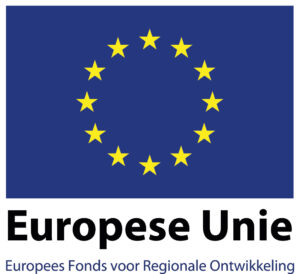Nobleo made the WasteShark an Intelligent Autonomous System
WasteShark’s mission
Every year eight million tons of plastic flows into our oceans. Waste such as plastic bags, toothpicks, six pack holders and more. And we’ve all seen the horrifying effects on innocent animals. To help solve this problem the Dutch company RanMarine Technology developed the WasteShark.
The shark is a floating drone that propelled itself through the water in canals, harbors and rivers and “eat” 200 liters of plastic trash in one trip. What’s more, the shark can test the waters for pH levels, conductivity, ammonium, chloride, nitrate, salinity, and many other metrics providing priceless data on the health of our harbors, rivers and canals.
Text continues below photo’s.
Making the WasteShark fully autonomous
Only one problem… it needed a person to it operate it remotely.
That’s why RanMarine Technology asked us to help make it an Intelligent Autonomous System – able to work 24/7 without human intervention. We built special navigation systems that could resist the harsh environments. Navigation systems that could compensate for currents and winds, enabling the WasteShark to autonomously and continuously steer itself, to accurately follow pre-defined routes. We also enabled it to autonomously avoid obstacles such as buoys and other craft. And, we made it able to detect all disturbances and decide independently on how to react. In short, we helped the WasteShark to be capable of making its own decisions and define its own optimum path. It can even work as a team in a swarm of WasteSharks, communicating and working together.
Now WasteSharks are at work collecting plastic waste 24/7. Enabling marine life, plants and animals, to co-exist peacefully with us humans. It´s a powerful example of how Nobleo Technology creates ideas to achieve ideals.
For more information about how we can help you achieve your ideals, contact us!
‘This activity has received funding from the European Institute of Innovation and Technology (EIT). This body of the European Union receives support from the European Union’s Horizon 2020 research and innovation programme

